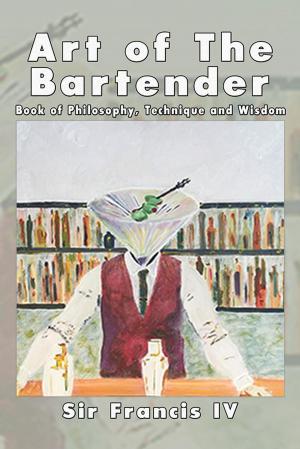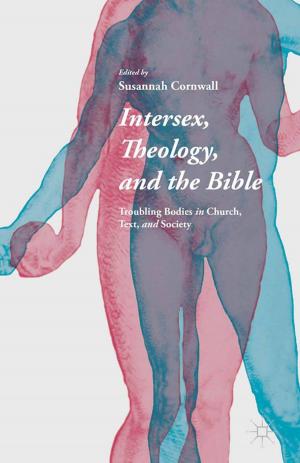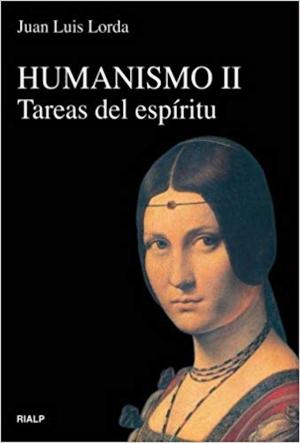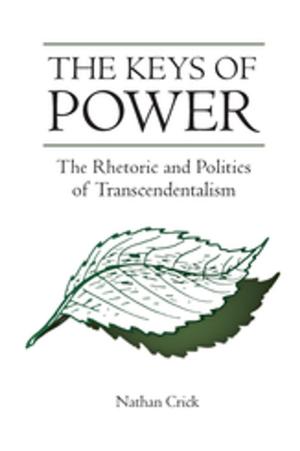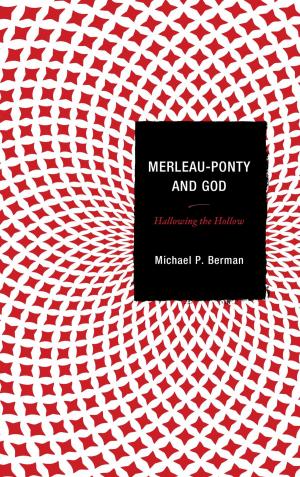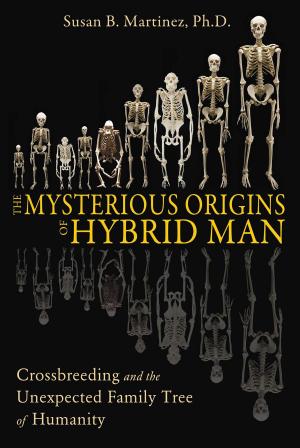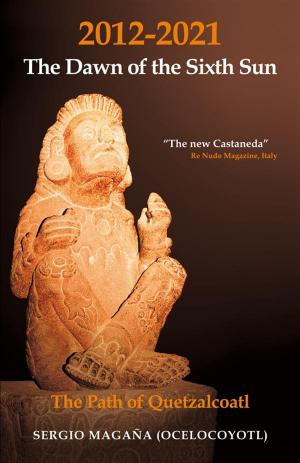| Author: | David Schenck | ISBN: | 9780982656440 |
| Publisher: | est et non books | Publication: | December 31, 2010 |
| Imprint: | Language: | English |
| Author: | David Schenck |
| ISBN: | 9780982656440 |
| Publisher: | est et non books |
| Publication: | December 31, 2010 |
| Imprint: | |
| Language: | English |
Zchenk Among Demons blossomed out of hard and exciting work in esoteric philosophy and poetry during the years 1984-87, most of which study was guided by Elizabeth Sewell. Together we explored the “invisible” tradition running, in her reading, from Plotinus through to Yeats. The pulse of Demons? A multiplicity of indirections—voices, actors, masks; genres, styles, methods. Layer after layer of self-removal. And how to prosecute philosophy as a made thing, and thus as poetry? “An impossible book,” a reviewer might say, of “post-Wittgenstein neo-Platonism.” A book of aphorisms, poems, arguments, allegories, vignettes, that is itself finally a ficción. And then there was, and is, the aspiration “To Be a True Poem” (Milton, via Sewell) by writing oneself into it. By being written by one’s words, by what one has written, is writing. That much intimacy. A matter of voice. But more than voice—a matter of body. And thus as body, minded. A matter of eros, as Plotinus had taught. And so Demons is finally that—eros and its embodiment.
Zchenk Among Demons blossomed out of hard and exciting work in esoteric philosophy and poetry during the years 1984-87, most of which study was guided by Elizabeth Sewell. Together we explored the “invisible” tradition running, in her reading, from Plotinus through to Yeats. The pulse of Demons? A multiplicity of indirections—voices, actors, masks; genres, styles, methods. Layer after layer of self-removal. And how to prosecute philosophy as a made thing, and thus as poetry? “An impossible book,” a reviewer might say, of “post-Wittgenstein neo-Platonism.” A book of aphorisms, poems, arguments, allegories, vignettes, that is itself finally a ficción. And then there was, and is, the aspiration “To Be a True Poem” (Milton, via Sewell) by writing oneself into it. By being written by one’s words, by what one has written, is writing. That much intimacy. A matter of voice. But more than voice—a matter of body. And thus as body, minded. A matter of eros, as Plotinus had taught. And so Demons is finally that—eros and its embodiment.



